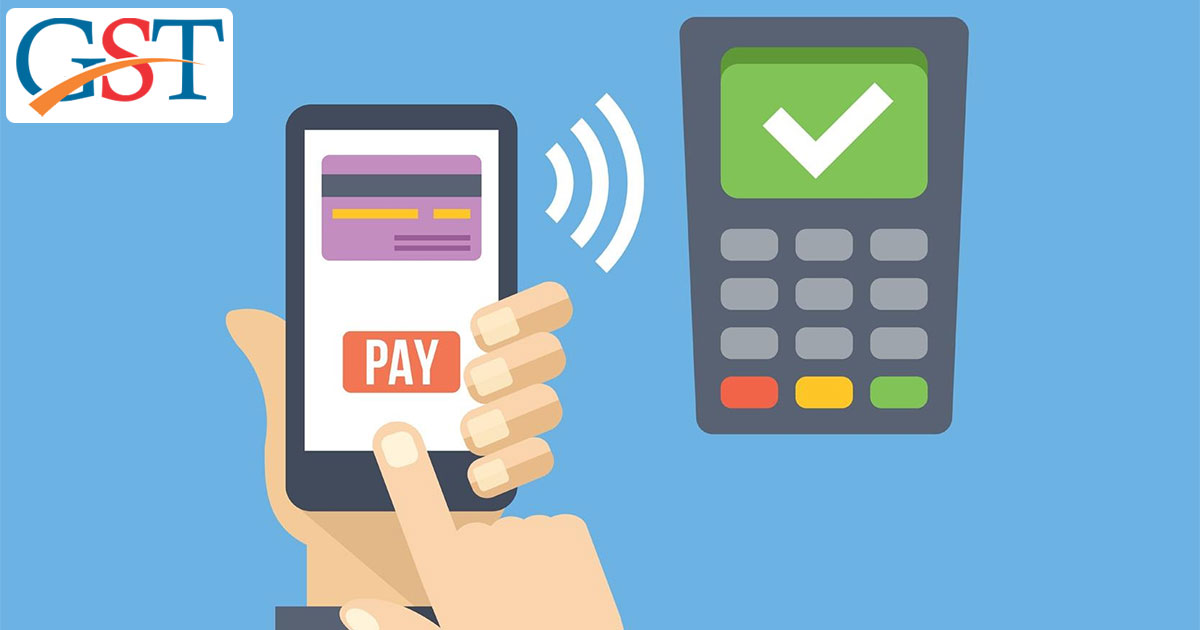A relaxation on Goods and Services Tax (GST) for making payments via digital mode has been proposed by the government recently, however, the states are opposing this decision, saying it is a discrimination especially for those users who are not using digital modes of payment.
An official person said, “There are divergent views. Many states feel it is discrimination against those who are not using digital means”.
In order to promote the digital transactions in India, the government has decided to offer 2 percent relaxation on GST rates in case of Business to Consumer (B2C) supplies when the payment to be made via digital mode for per transaction of Rs 100. Under this scheme, the users can avail 2 percent benefit either in the form of discount or cashback.
The main purpose of the scheme which is being proposed by the government is to attract more and more customers towards the use of digital modes for making payments.
The scheme is under the development phase and major authorities including Finance Ministry, the Reserve Bank of India, the cabinet secretariat, and the Electronics and IT Ministry are working on this. It seems that the authorities will have to face some challenges to implement the scheme.
As per the official, as different GST rates are being applied on goods and services so that the Government may have to reframe the entire structure system which is a very difficult task. “All these issues make the proposal difficult, which is why it makes sense to defer the proposal for now.”
A group of States’ finance ministers will be planning to conduct the meeting to take some important decisions on the proposal. State Finance ministers will discuss issues relating to the scheme in the next 28th GST Council meeting which is expected to be held on 19th July.
The government has been working on incentivizing digital transactions which would provide benefits to both customers as well as traders. The main aim of the scheme is to promote digital transactions in the country which would help achieve the goal of digital India.









